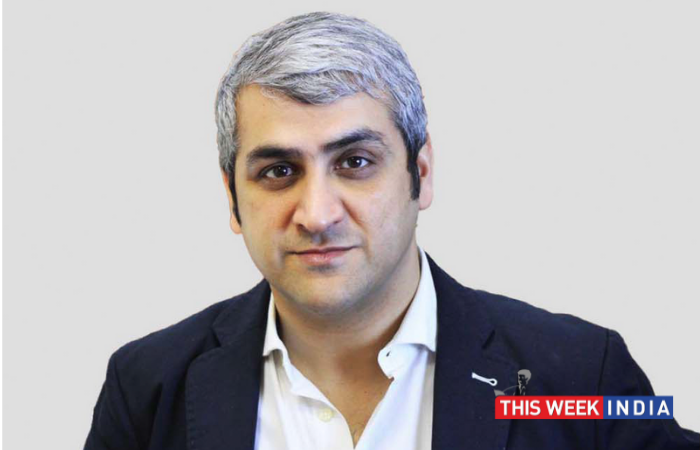After the recent incidence of Hollywood actor Bruce Willis being diagnosed with a medical ailment called Aphasia Disorder, and deciding to step away from his acting profession, the disorder has taken the netizens by a storm.
This is a disorder involving the specific area of the brain’s cognitive functions to diminish, causing partial speech/language impairment. People usually tend to lose track of what they want to say, form complete sentences, or unintentionally utter irrelevant words, resulting in gibberish. Due to their jumbled statement, such people also have difficulty in understanding others or have trouble comprehending others.
Aphasia is a cognitive condition that affects a person’s ability to comprehend language and express themselves verbally and in writing. This is caused by disorders that damage the brain’s language centres (or their connections), which is normally the left side of the brain in the dominant hemisphere.
What causes aphasia
The condition is caused due to an injury, trauma or any other medical condition that damages one or more areas in the brain. While it is a known fact that stroke is one of the most common and prevalent reasons for brain injury, where a clot, ruptured blood vessels cut off the blood supply to the part of the brain, leading to loss of brain cells. Other causes of brain injury include severe head injuries, brain tumours, gunshot wounds, brain infections, and degenerative neurological diseases like Alzheimer’s disease.
What are the red flag signs?
The red flag signs of Aphasia disorder includes when a person speaks in short, jumbled or respond with incomplete sentences, which is difficult for the responder to understand. Apart from speech impairment, patients may also face complications to write sentences and relevant words, and usually end up drafting something that don’t make sense and that too in a wrong order. In such condition, the patient should seek immediate medical consultation to prevent further brain damage or future complications.
Is it treatable?
In patients with Aphasia Disorder, the treatment is determined by the underlying cause of the problem. For instance, in those with a history of stroke attack, brain infection, or dementia, patients need to be investigated for the root cause and get the right treatment, and speech treatment benefits the patients greatly.
Good speech therapy and neuro rehab treatment are critical in all cases of aphasia recovery. Children and young adults have a better chance than adults at fully recovering. In persons suffering with aphasia, prompt identification, early intervention, and proper medical management, combined with good post-treatment counselling, can help to reduce damage and improve recovery possibilities.
By- Dr Sachin Kandhari, Senior Neurosurgeon and Managing Director, IBS Hospital, New Delhi









